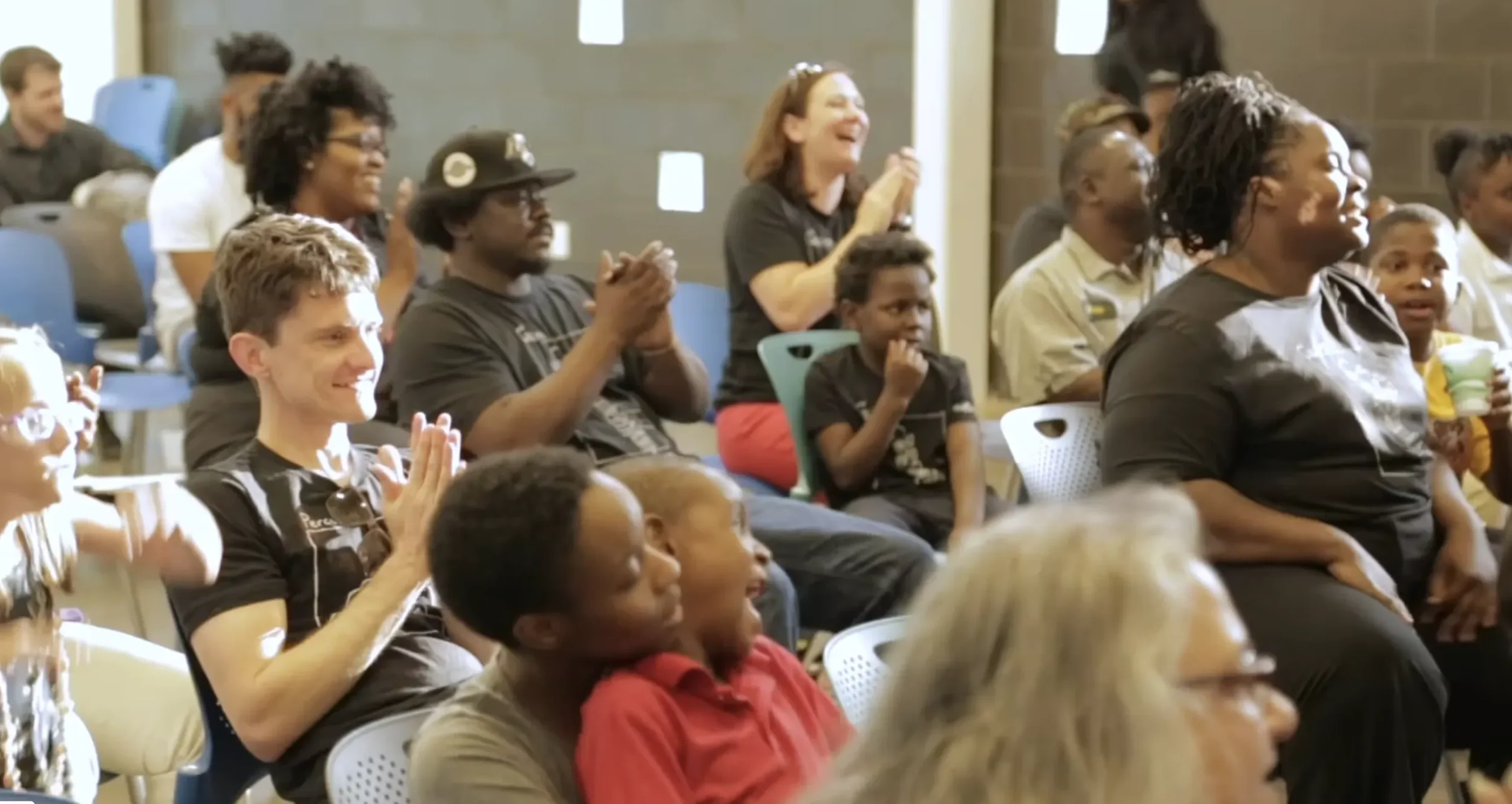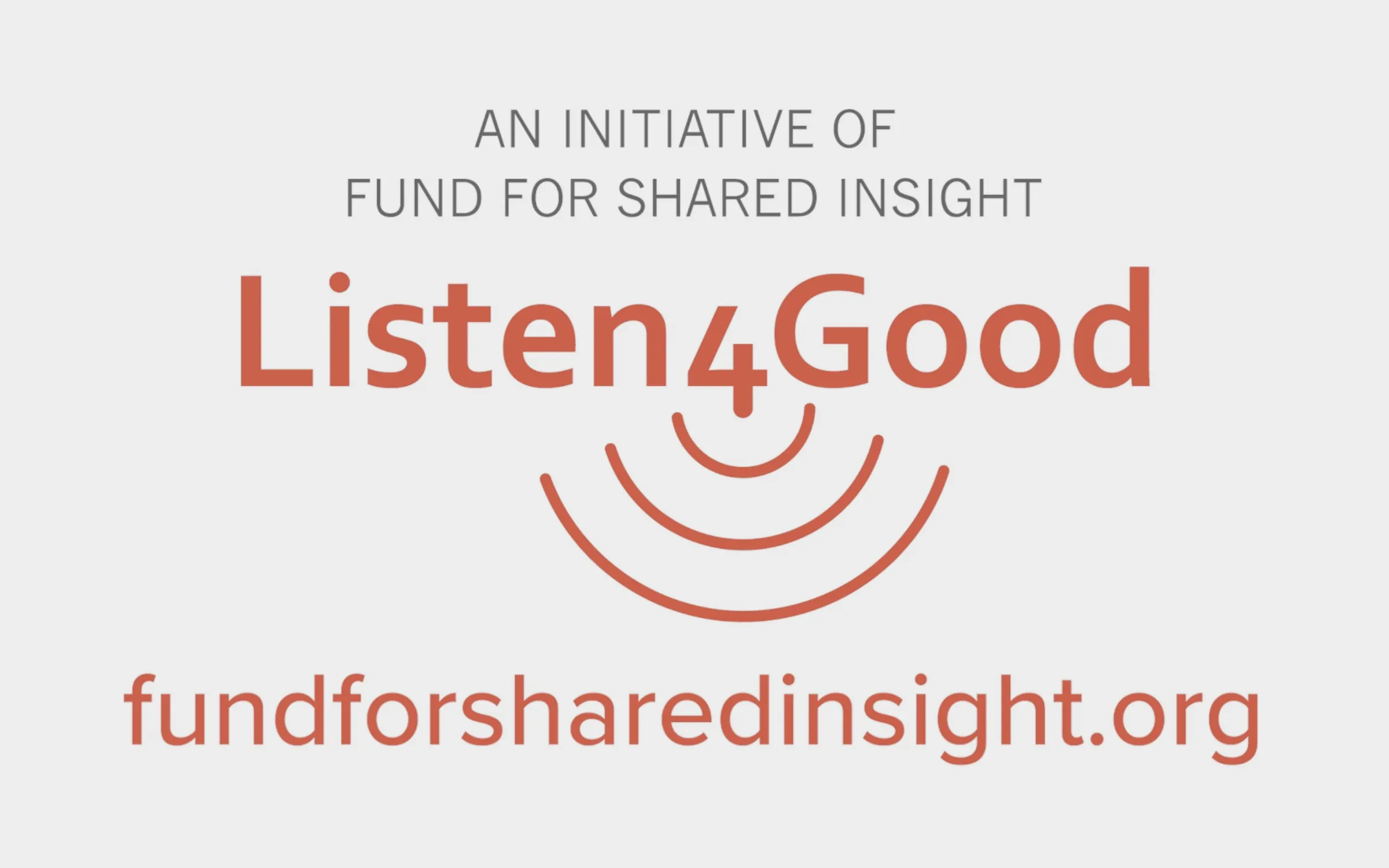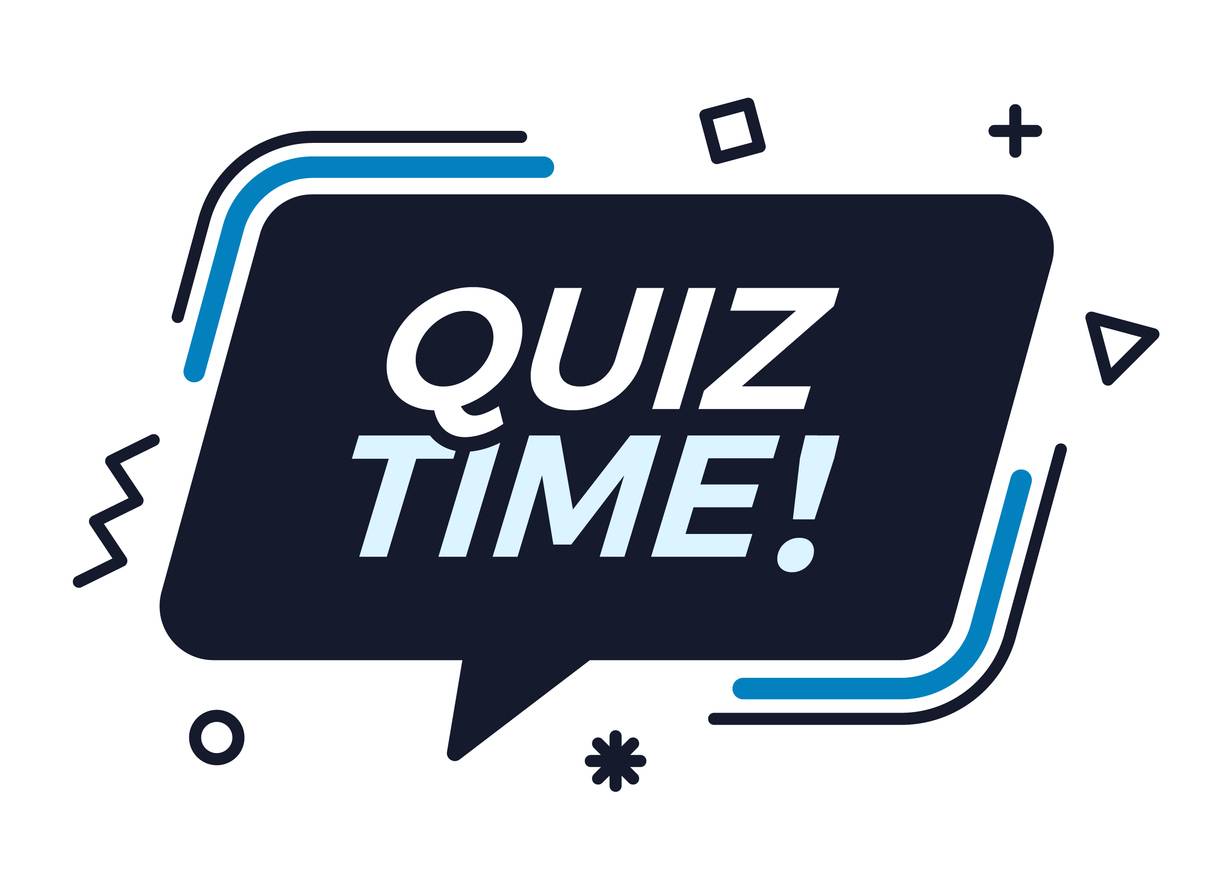Author: Renee Ho
We rarely think of talking as something– that in its very act– establishes a social relationship.
But when we think of small talk — what you say to the random cashier at the market or to people you don’t know at parties– it’s clear that much more of our daily talking lacks any semantic content; instead, it’s actually serves a social function.
How are you? I’m fine, thank you. Does this actually mean anything? Generally, no.
“Speech says things, but it also does things,” explains David Roberts, who recently posted a blog on small talk. “It weaves and reweaves the social fabric, enacting and reinforcing social roles.”
And so it is with feedback.
Feedback for Communication
Feedback can communicate valuable information from project “beneficiaries” to project managers.
In this way, feedback can be the smart thing to do. By listening to citizens we can obtain valuable data. How do people perceive the project “intervention”? With this feedback, can we better understand what is working? For whom? Why? How?

For the social impact investors, M&E specialists, and most anyone in aid and philanthropy, the fact that citizen feedback can help provide information that improves programs and achieves greater social impact is what matters most.
Feedback for a Social Contract
But let’s dwell a bit on the social function of talking, of feedback. In the very act of communicating information, we are also establishing a social relationship. The act of asking for feedback (and giving it) is a speech act: if done well it can create a “beneficiary” who is a real person with a right to be heard and whose voice matters.
In soliciting feedback and taking it seriously, we are making “beneficiary” obsolete and producing in its stead, a “citizen.” We are changing the dynamic between those who have traditionally given and received.
By creating a citizen we are, in effect, trying to create a new form of governance for aid and philanthropy.
This, we argue, is the right thing to do.





